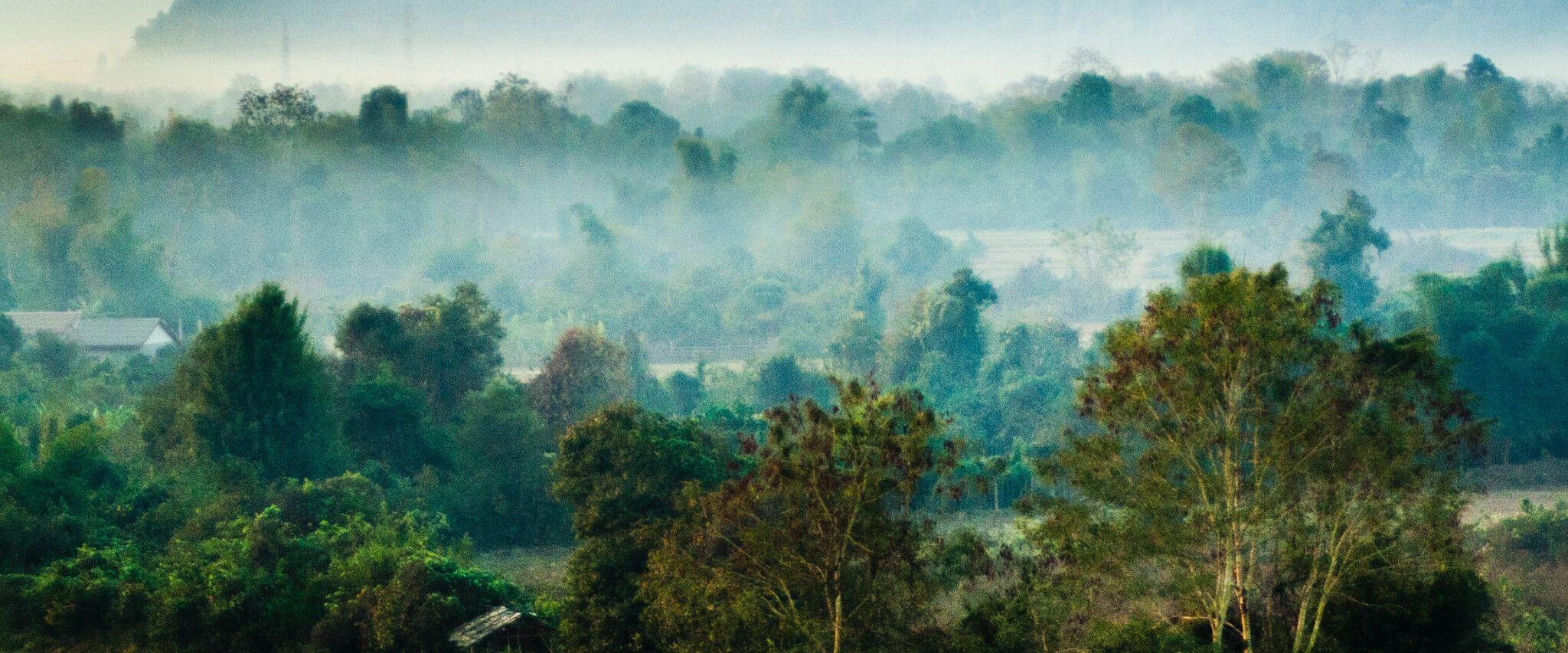Moving Past Climate Anxiety to Climate Action
Dr. Louise Lambert is a positive psychologist keenly interested in sustainable well-being. Yes, she also feels anxious from time to time.
Feeling stressed? Scared? Are you confused that no one else thinks climate change is a big deal? You’re not alone. I’ve felt it, too. In fact, that’s how I got interested in the subject. I started to experience climate anxiety (or eco-anxiety) when I was teaching a university course in Environmental Psychology.
Reading the IPCC reports made me feel worse, and I could see it in my students, too. At the end of each class, we would have a collective epiphany, an ‘omg’ moment over everything we’d learned. As a psychologist and professor, I thought it was time to get real and share our perspectives.
In our next class, I invited students to share their thoughts on anxiety and the future; as you can guess, they didn’t hold back.
From an overwhelming weight of doom and gloom to an ever-present feeling of ‘wrongness’, it affected students and, it turns out, people everywhere.
Feelings of helplessness, fear, anxiety, sadness, or guilt about the environmental crisis can be triggered by watching extreme weather events on the news or learning about the degradation of natural environments on TikTok. Eco-anxiety can emerge from witnessing a change in the environment, such as a familiar river, now dried up and gone from rising temperatures.
As people become more aware of climate change, it’s only normal that climate anxiety increases as well.
Climate anxiety, like any type of anxiety, feels terrible. It’s devastating to feel your heart racing to a video of the latest landslide. It’s also difficult to pretend everything is great while your friends plan an afternoon shopping trip for things they don’t need.
Sadly, climate anxiety can become so overwhelming that it prevents us from taking action to save the planet. The problem feels too big, and the rest of us are so small (we think).
Anxiety can become so debilitating that it changes how we see ourselves, often mistakenly making us feel less powerful than we are.
Can climate anxiety be good? Surprisingly, the answer is yes, but only in small doses. If you’re anxious, it means you’ve correctly understood the seriousness of climate change. In fact, if you’re not worried about climate change, that’s a problem - those who are unrealistically optimistic tend to act the least, ignoring the issue and hoping it will go away on its own.
Congratulations—you see reality accurately! The problem is that clarity comes with stress, and you must manage that cost, ensuring the anxiety doesn’t prevent you from taking action.
So, how do we manage climate anxiety? In the same way you’d deal with any worry: accept the feeling, get busy, and take care of yourself. Lying in bed staring at the ceiling at 3 a.m., paralysed by fear, isn’t helping anyone.
Anxiety can become so debilitating that it changes how we see ourselves, often mistakenly making us feel less powerful than we are.
Crafting a Self-Care Plan to Counteract Climate Anxiety
Take care of your physical health: When we’re anxious, stress hormones make it difficult to make decisions, plan ahead, or organise our thoughts; instead, we experience an endless flow of words, images, and, often, catastrophes.
Prioritising physical movement through evening walks, rearranging furniture, going to the gym, riding your bike, taking the stairs, or washing dishes can burn off nervous energy, bring your heart rate back to normal and decide what to do next.
You won’t get far if you can’t take care of the engine that allows you to take action. Your body is nature; it won’t let you down.
Protect your mental well-being: If we’re writing about climate anxiety, it’s because it’s real and needs to be respected. We must accept the anxiety, understand the current climate crisis, and schedule frequent breaks–overexposing ourselves to negative news becomes an ineffective distraction.
Cultivate your social media and news by following one of the many ‘Good Climate News’ networks to feel more motivated and foster hope. Pausing the news or socials is not a cop-out; it’s a way to maintain your mental health so that you can continue to take action.
Bring a friend: Get involved with a group. Dozens of school clubs, work associations, university societies, online forums, and neighbourhood communities are dedicated to protecting our environment.
Having people around you who are also concerned about climate action will offer support and empowerment. So, if you don’t have a tribe, find one! This is not the time to feel trapped in your thoughts.
The best part? These fellow eco-warriors can remind us of our capacity to inspire change when we work together.
But we’ll tell you here first: you matter, and what you do matters, too.
For more astounding photographs from Antarctica, check out ‘The White Continent’ by Artem Shestakov.
Most Popular
The Climate Tribe delivers stories about Biodiversity and Conservation, Circular Economy, Food and Water , and how they intersect with climate.
Subscribe
Get the latest stories inspiring climate action around the globe straight to your inbox.






